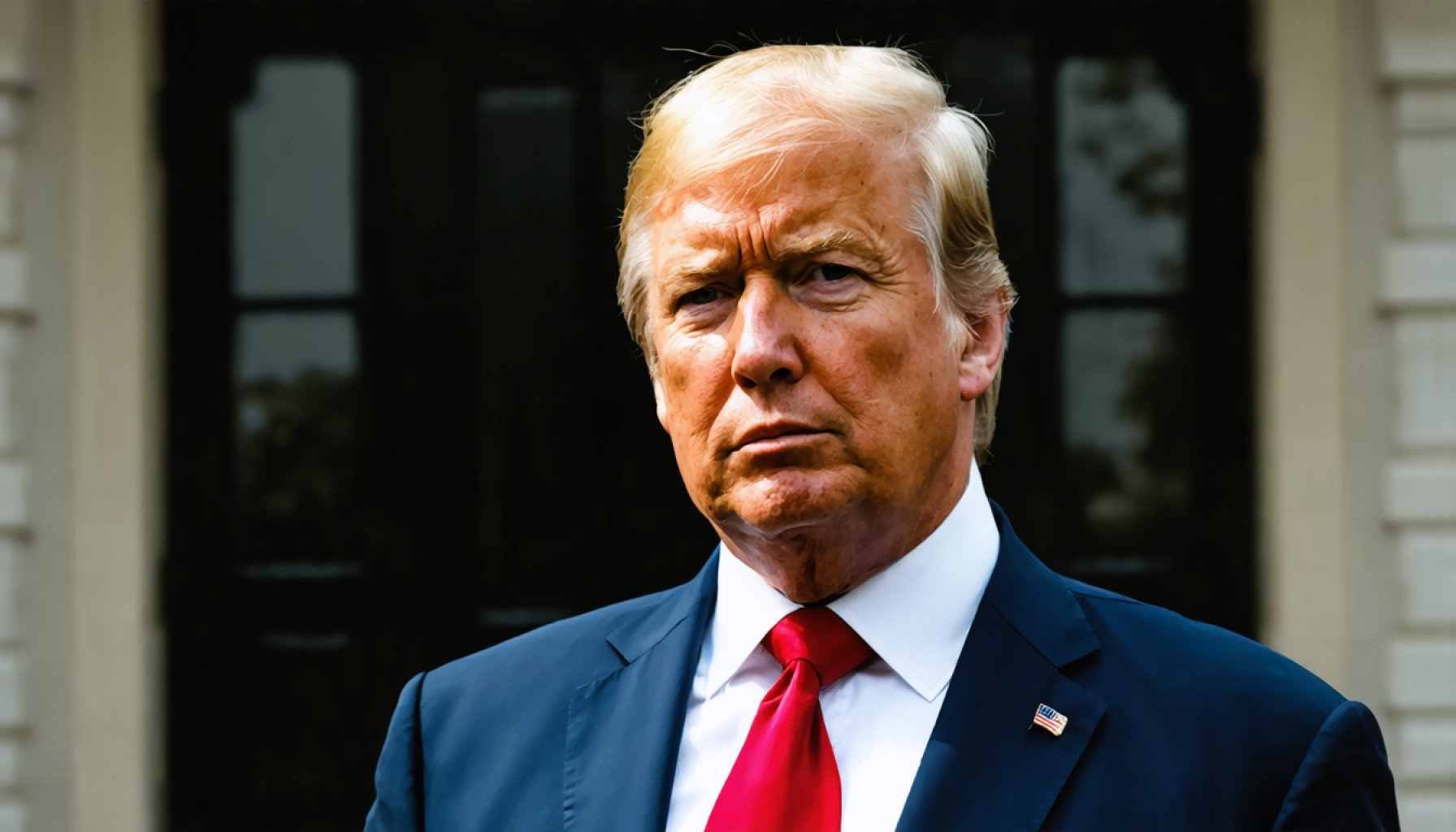- China’s top anti-corruption body is investigating Jiang Chaoliang, Vice Chairman of the Agriculture and Rural Affairs Committee of the National People’s Congress.
- Jiang has held key roles, including Governor of Jilin Province and Party Secretary of Hubei Province.
- The investigation focuses on serious breaches of discipline and legal violations.
- This highlights China’s strong stance on corruption, emphasizing transparency and accountability.
- The anti-corruption campaign’s message is clear: no official is above the law.
- This development underscores the expectations and integrity required of Chinese public servants.
In a significant development stirring China’s political landscape, the nation’s top anti-corruption body has launched an investigation into Jiang Chaoliang, a prominent figure with a storied career in government service. Jiang, who currently sits as the Vice Chairman of the Agriculture and Rural Affairs Committee of the National People’s Congress, finds himself under the watchful eyes of the Central Commission for Discipline Inspection.
Born in August 1957, Jiang Chaoliang has held influential positions, such as the Governor of Jilin Province and the Party Secretary of Hubei Province. His career has been marked by leadership roles in regions crucial to China’s economic and political stability.
The investigation, focusing on serious breaches of discipline and legal violations, sends ripples across the political field, reminding officials of the government’s stringent stance on corruption. These proceedings underscore a relentless drive toward transparency and accountability within the upper echelons of power.
Jiang’s roots in Hubei became especially visible when the region faced challenges during a pivotal period. His leadership during these times brought him acclaim, yet now, the scrutiny over his conduct paints a more complex picture of this seasoned politician.
This unfolding saga serves as a stark reminder of the expectations placed upon public servants in China. With the anti-corruption campaign maintaining its momentum, the message is crystal clear: no official, regardless of stature, is beyond the purview of the law. Readers around the world keenly observe as China reinforces a potent point—integrity remains paramount in governance.
Unveiling China’s Corruption Crackdown: What Jiang Chaoliang’s Investigation Means for Governance
Understanding the Mechanisms of China’s Anti-Corruption Campaign
The investigation into Jiang Chaoliang by the Central Commission for Discipline Inspection (CCDI) represents yet another chapter in China’s extensive anti-corruption campaign. Initiated under the leadership of President Xi Jinping, this movement aims to eliminate malfeasance among public officials and reinforce the integrity of governance. The CCDI, operating with significant authority, is pivotal in these efforts, often investigating high-ranking officials, as seen with Jiang.
How-To Steps & Life Hacks: Staying Informed About Political Developments
1. Follow Credible News Sources: Stay up-to-date with reliable news outlets that cover Chinese politics, such as Reuters or BBC.
2. Monitor Government Announcements: Visit official Chinese government websites for the latest announcements related to policy changes and investigations.
3. Join Relevant Forums: Participate in forums or discussion groups that focus on international relations and Chinese politics to engage in informed discussions.
Real-World Use Cases: The Impact on International Business
The ongoing anti-corruption measures underscore China’s attempts to cultivate a more transparent business environment. This is particularly important for international businesses looking to invest in China as it indicates a move towards stability and predictability. Investors often look for a reduction in bureaucratic corruption to mitigate risks, and the current campaign may bolster investor confidence.
Market Forecasts & Industry Trends
Analysts suggest that China’s anti-corruption campaign will continue to affect various sectors, particularly those heavily intertwined with state enterprises and government officials. There is an expected increase in compliance costs as companies might need to reinforce internal governance structures. Nevertheless, this could lead to healthier, more ethical business practices long-term, potentially attracting more foreign investment.
Reviews & Comparisons: China vs. Global Anti-Corruption Measures
China’s approach is notably stringent and centralized, contrasting with decentralized systems observed in countries like the United States, where multiple bodies have jurisdiction over corruption. China’s singular focus ensures swift action but also raises concerns about political motivations behind certain investigations.
Controversies & Limitations
A key controversy is the potential for anti-corruption campaigns to be used as tools for political maneuvering. Critics argue that high-profile investigations often coincide with internal party conflicts, which can skew the perceived impartiality of the proceedings.
Features, Specs & Pricing: Restructuring Governance
China’s governance restructuring involves tightening regulations and developing new anti-corruption protocols. This systemic change includes revamping public sector management and enhancing transparency standards.
Security & Sustainability: Long-Term Effects
While the campaign promotes ethical governance, sustaining the momentum without causing political unrest or disillusionment among public servants is a challenge. Balancing the eradication of corruption while rewarding honest service remains crucial for long-term success.
Insights & Predictions: The Road Ahead
Experts predict that China will continue reinforcing its legal and regulatory frameworks to sustain anti-corruption efforts, possibly influencing similar governance reforms in other countries. The heightened focus on transparency may boost China’s geopolitical clout, fostering a more respected global stance.
Tutorials & Compatibility: Understanding Governance Mechanisms
For those keen on understanding China’s political mechanisms, numerous open online courses and seminars explain the workings of Chinese governance, available through platforms like Coursera and edX.
Pros & Cons Overview
Pros:
– Enhanced national credibility.
– A more attractive environment for foreign investment.
– Potential for improved domestic governance.
Cons:
– Risks of politicization.
– Possible hesitation among officials fearing baseless accusations.
– Potentially restrictive environment for innovation within bureaucracy.
Actionable Recommendations
– Stay updated on political developments to navigate business and geopolitical landscapes effectively.
– Engage with educational resources to understand China’s political environment.
– For businesses, enhancing internal compliance and aligning with global governance standards can be advantageous.
By recognizing the broader implications of Jiang Chaoliang’s investigation and the anti-corruption measures in place, individuals and businesses can better prepare for changes in the political and economic environments in China.
